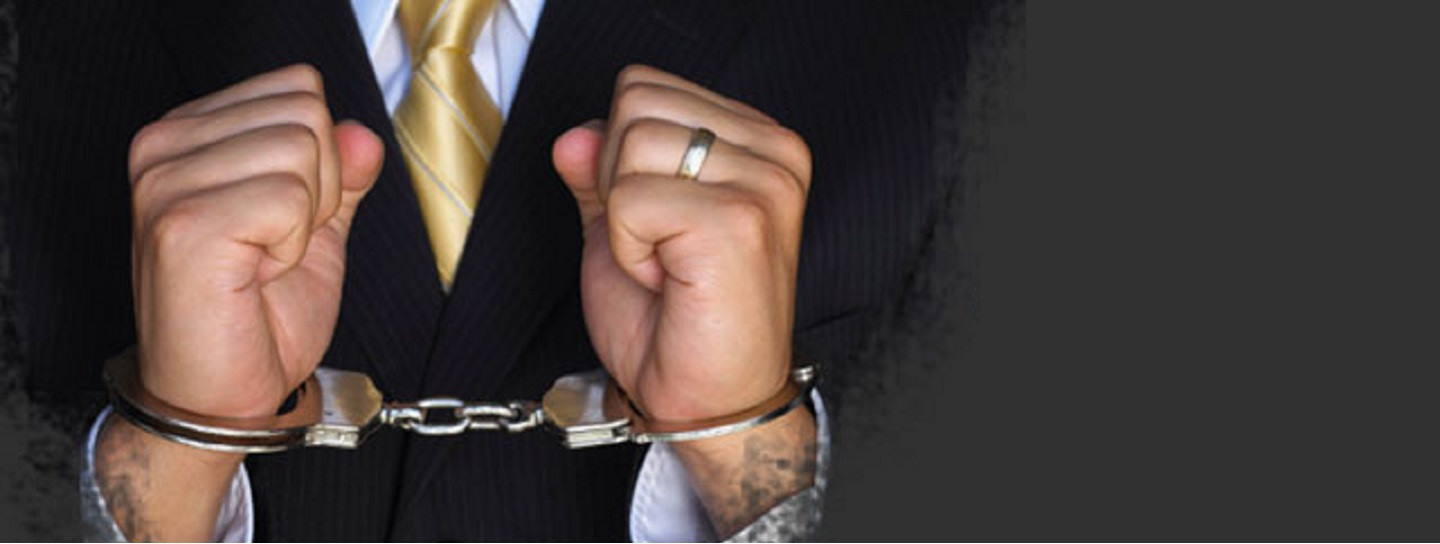It would be remiss of us not to mention the Nigerian arms fraud debacle that has swept the internet ‘newsrooms’ recently. Vice President Yemi Osinbajo, speaking on Monday, said that about $15 billion had been stolen from Nigeria’s public funds during the previous administration through fraudulent arms procurement deals. He is noted to have said that this “mind boggling” sum equates to “more than half of the current foreign reserves of the country” – a country which represents Africa’s largest oil exporter, already suffering the effects of the drop in crude oil prices on its state coffers, given oil sales make up about 70 percent of the national income.
Tens of years of endemic corruption have left a small group of elite rich among otherwise poverty-striken Nigerians. President Muhammadu Buhari was elected last year, after the previous tenure of Goodluck Jonathan on the strength of his commitment to fight corruption.
In January this year, 55 people including government ministers, military chiefs, state governors, public officials, bankers and businessmen were reported to have stolen 1.34 trillion naira ($6.8 billion) over a seven-year period in the shape of arms equipment deals.
Two weeks ago, former high-profile national security adviser, Sambo Dasuki, was arrested for allegedly stealing $2 billion (£1.3 billion). He is accused of awarding ‘phantom’ contracts to buy 12 helicopters, 4 fighter jets and ammunition. Also on trial is former chief of defence staff Alex Badeh, accused of fraud in diverting $19.8 million from salaries of service personnel for his own use.
Then on Tuesday, the former governor of Sokoto state, Attahiru Bafarawa and owner of a private TV station, Raymond Dokpesi, were detained by Nigeria’s Economic and Financial Crimes Commission (EFCC), in connection with the alleged fraud.
The Vice President said in light of these arrests — “It is important to send a message that no public officer can steal the resources of this country and expect to escape.” The arrest of Mr Dasuki arrest “will reinforce President Buhari’s message that he will not tolerate corruption no matter how senior the official,” said the BBC.
A year ago just prior to the presidential win, the BBC reported that “… his deputy, Yemi Osinbajo, said that 110 million out of Nigeria’s population of 170 million were living in “extreme poverty” while the largest chunk of the nation’s wealth was going into the pockets of a small percentage of the population … This situation has been brought about by the mindless corruption of the past six years, mainly fuelled by a cabal in the oil and gas industry.” The BBC ran series of letters from African journalists and in this one Sola Odunfa looks at the challenges ahead for Nigeria’s President. It sets the scene for what is to come.
Transparency International rates Nigeria 136/168 on its Corruption Perceptions Index — this figure has not changed since the previous year despite President Buhari’s campaign to fight it. It will be interesting to see what happens in the next year’s index. We have written often about the potential of eProcurement and online tendering to limit corruption (transparency, removing efficiencies and adding accountability) – although the situation is complex, maybe the creation of a centralised procurement process will be one of President Buhari’s next steps. But above all, this again highlights the corrosive effects that procurement corruption can have on entire nations, leading to a lack of confidence in government and poverty for too many citizens.

